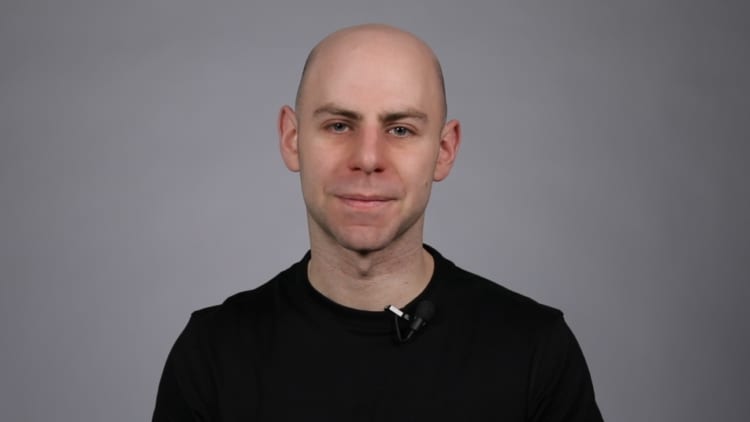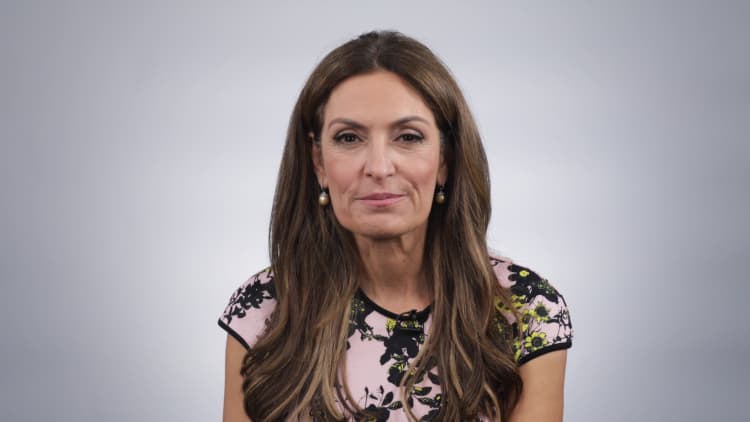The new drama "All the Money in the World" debuted in theaters last month after director Ridley Scott replaced lead Kevin Spacey, the target of numerous sexual-misconduct allegations, with Christopher Plummer. Now the film has attracted attention for another personnel problem: The vast difference in how stars were paid.
The last-minute move required cast and crew to re-shoot scenes, including ones involving co-stars Mark Wahlberg and four-time Academy Award-nominee Michelle Williams. That effort cost $10 million, according to an exclusive report from USA Today. But still, it "was not as expensive as you think," Scott tells the paper, "because all of [the actors]," with the exception of Plummer, "came in [for] free."
The report, however, contradicts that claim, noting that other actors, including Wahlberg and Williams, were paid, too. They just weren't paid equally.
Although both Wahlberg and Williams are represented by the talent agency William Morris Endeavor, Wahlberg's team negotiated him a fee of $1.5 million for re-shooting his scenes, the report notes. By contrast, Williams got a $80 per diem, which comes to less than $1,000, or less than 1 percent of what Wahlberg made. (USA Today reached out to WME for comment but did not receive a response.)
Hollywood stars, including Amber Tamblyn, Reese Witherspoon and Jessica Chastain, have registered their outrage on Twitter.
This type of gender pay gap in America isn't new. Though the Equal Pay Act, passed by Congress in 1963, mandates men and women be given equal pay for equal work, loopholes still allow women in the United States to be paid, on average, 20 percent less than men.
If you believe you're being paid less than you should be because of your gender, race or another factor unrelated to work, these expert-vetted strategies could help you fight for the salary you deserve, whether you're in Hollywood, corporate America or elsewhere.
First, do your research and understand what a fair salary might look like. To gauge your market value, you can use a salary calculator.
Be sure you're asking for an increased salary for the right reasons, not just because "you just heard the guy in the next cubicle is making $5,000 more than you," says bestselling author and CNBC contributor Suzy Welch.
Next, document a list of achievements. If you're already in a job and negotiating a raise, take note of any new tasks you've taken on since you started. If you're figuring out a starting salary, note previous accomplishments that could add to the value of your work.
Don't undercut yourself. As Esquire Culture Editor Tyler Coates pointed out on Twitter, Williams's willingness to be cooperative may have cost her.
Williams told USA Today that "I said I'd be wherever they needed me, whenever they needed me. And they could have my salary, they could have my holiday, whatever they wanted. Because I appreciated so much that they were making this massive effort."
Instead, ask and bargain for what you want. Remember that, while being a gracious and generous team player is a smart long-term strategy, you can be practical at the same time. Although only half of job seekers negotiate, the vast majority of those who try it succeed.
Wahlberg, who was named Forbes' highest-paid actor of the year in August and also the magazine's most overpaid actor, probably knows that. The movie star has "a reputation in Hollywood for driving a tough bargain" in salary negotiations, reports the Washington Post.
Still, a pay disparity this glaring is, as Judd Apatow wrote on Twitter, "so messed up that it is almost hard to believe."
Though there are things you can do to help yourself, getting paid less may ultimately be out of your control. Some experts predict women in the United States won't reach pay equity with men until 2119.
But there is light at the end of the tunnel. The "MeToo" movement and the "Time's Up" initiative, which advocate for victims of gender inequality and sexual misconduct, are drawing widespread attention to these problems.
Business and political figures, including Sheryl Sandberg, chief operating officer of Facebook, and California Senator Kamala Harris are doing their part to close the pay gap. And, some organizations are following suit, pushing for legislation like the Paycheck Fairness Act.
Last week, a pay-equity law took effect in Iceland that shows while closing the gap isn't impossible, it will take a bold and concerted effort.
Like this story? Like CNBC Make It on Facebook!
Don't miss: In the US, unlike in Iceland, it's still OK to pay a woman less than a man—here's why




